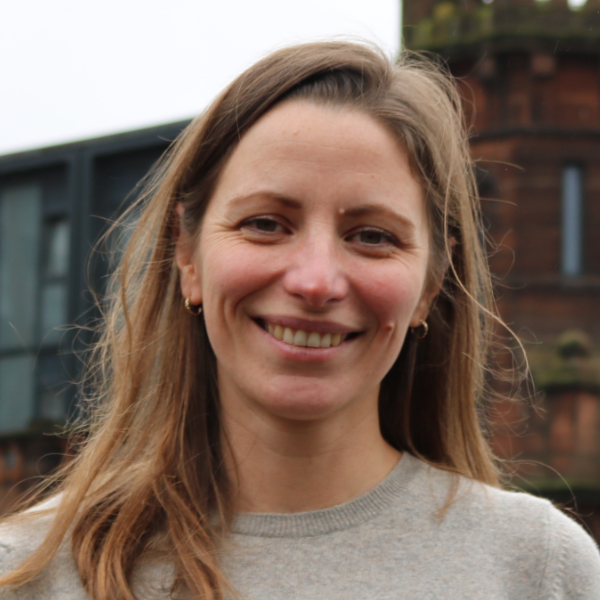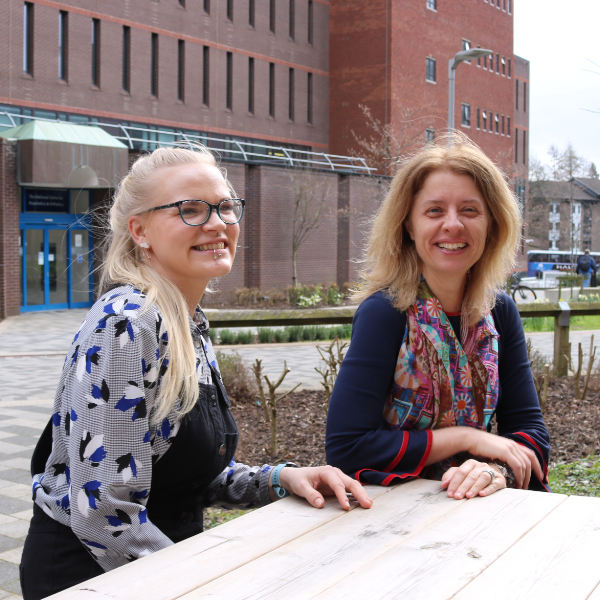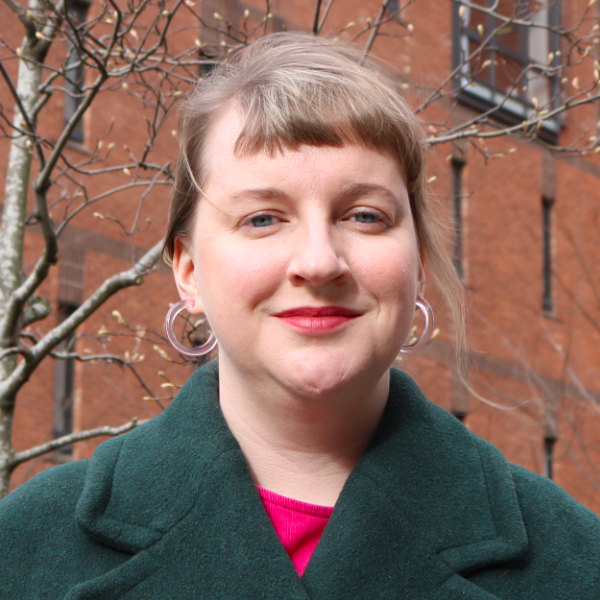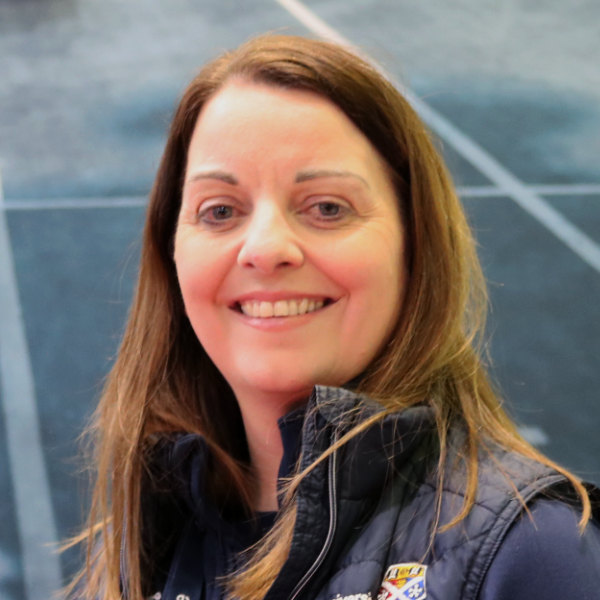
Humanities & Social SciencesStrathclyde Women's Week 2024
Research within the humanities and social sciences is central to properly understanding and effectively tackling the pressing challenges facing societies today. Gender inequality remains one of the most complex of these challenges.
A greater understanding of the issues facing women and girls is vital to breaking barriers, inspiring inclusion and creating a more equitable world. Academic research is important to understanding where these issues come from and how they persist.
We spoke to academics across the Faculty of Humanities & Social Sciences whose recent research has focused on the experiences of women and girls, past and present. The breadth of this research gives an indication of the contribution all disciplines are making to better understanding the problems and proposing effective solutions.
Dr Stefanie Reher
Reader, Politics
Dr Reher collaborated on research published last year on the experiences of disabled women who have become political representatives. We asked her about the barriers disabled women face to participation and what can be done to improve inclusion.
We heard from disabled women that their ability to meet the expectations of elected office was regularly questioned both implicitly and explicitly. Many reported having to work twice as hard to prove themselves as credible candidates.


Dr Emmaleena Käkelä & Prof Daniela Sime
Social Work & Social Policy
Dr Käkelä and Prof. Sime collaborate on GEN-MIGRA, a research project funded by the ESRC in the UK. The project examined the impact of the pandemic on migrant women and families in six countries, with Dr Käkelä and Prof. Sime looking at the UK.
Many migrant women faced heightened barriers to help-seeking, access to services and informal support networks as a result of the lockdown restrictions on movement, border closures and digital poverty.
Prof. Laura Kelly
Professor of Modern Irish History
Prof Kelly is currently researching the history of pro-choice and pro-life activism in 1980s and 1990s Ireland. We asked her about the complex history of women's access to reproductive health in 20th century Ireland and her research into the experiences of women involved in activism and direct action campaigns.
Many women, once they went into the workplace, became radicalised by issues such as lack of equal pay and the marriage ban, but also issues relating to reproductive health.


Cara Lamb
Teaching Fellow, Education
Cara Lamb leads the PGDE Secondary Physical Education, which prepares graduates to teach PE in secondary schools. Prior to joining the university, she was a teacher in Glasgow schools for 15 years. Her recent research has explored ways that teachers can implement an activist approach to better involve adolescent girls in physical education.
Activists recognise and value the diverse perspectives of all women and girls, empowering them to drive change. Activists actively engage in intentional collaboration with others, working towards a transformative vision of ‘what might be’.